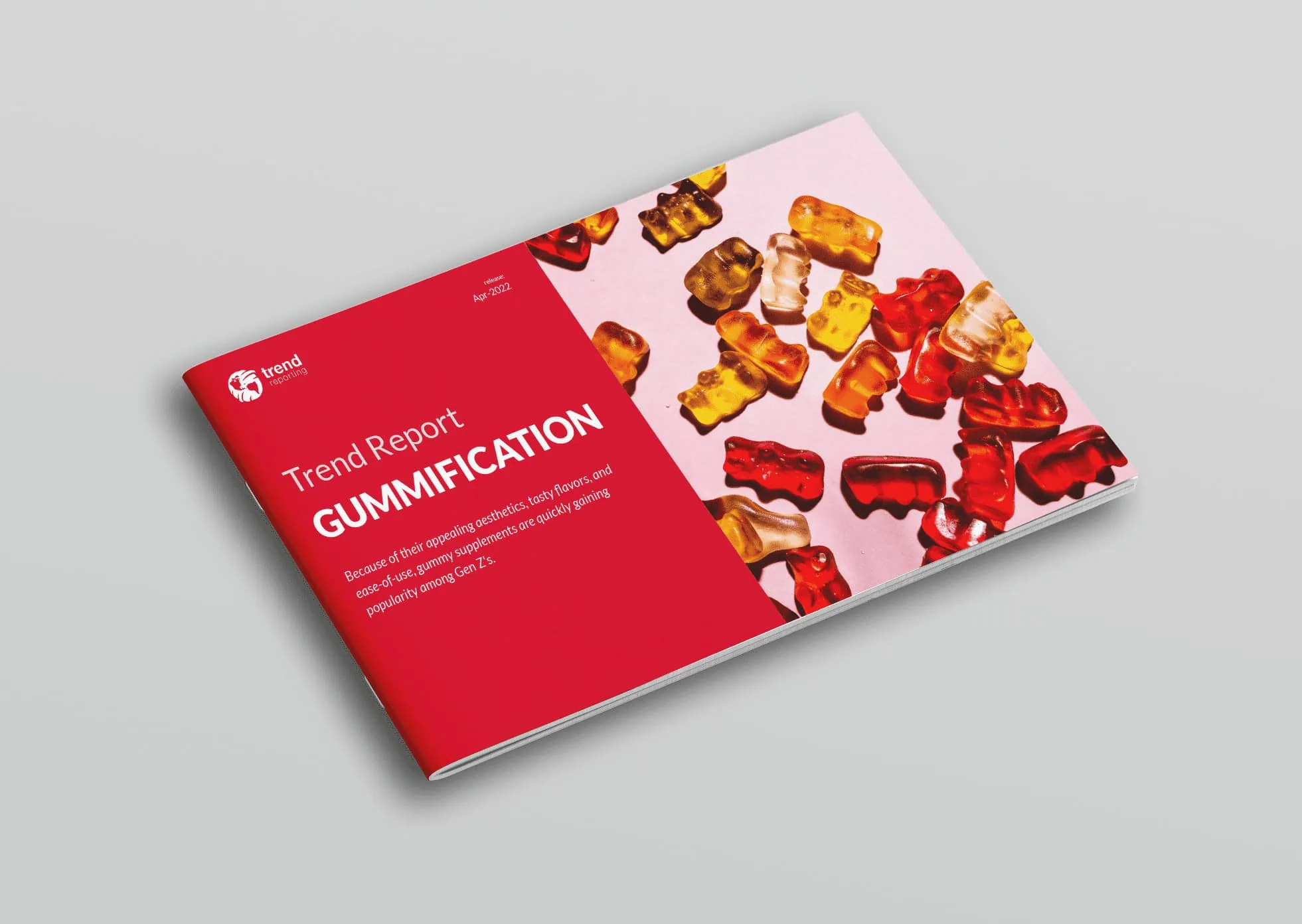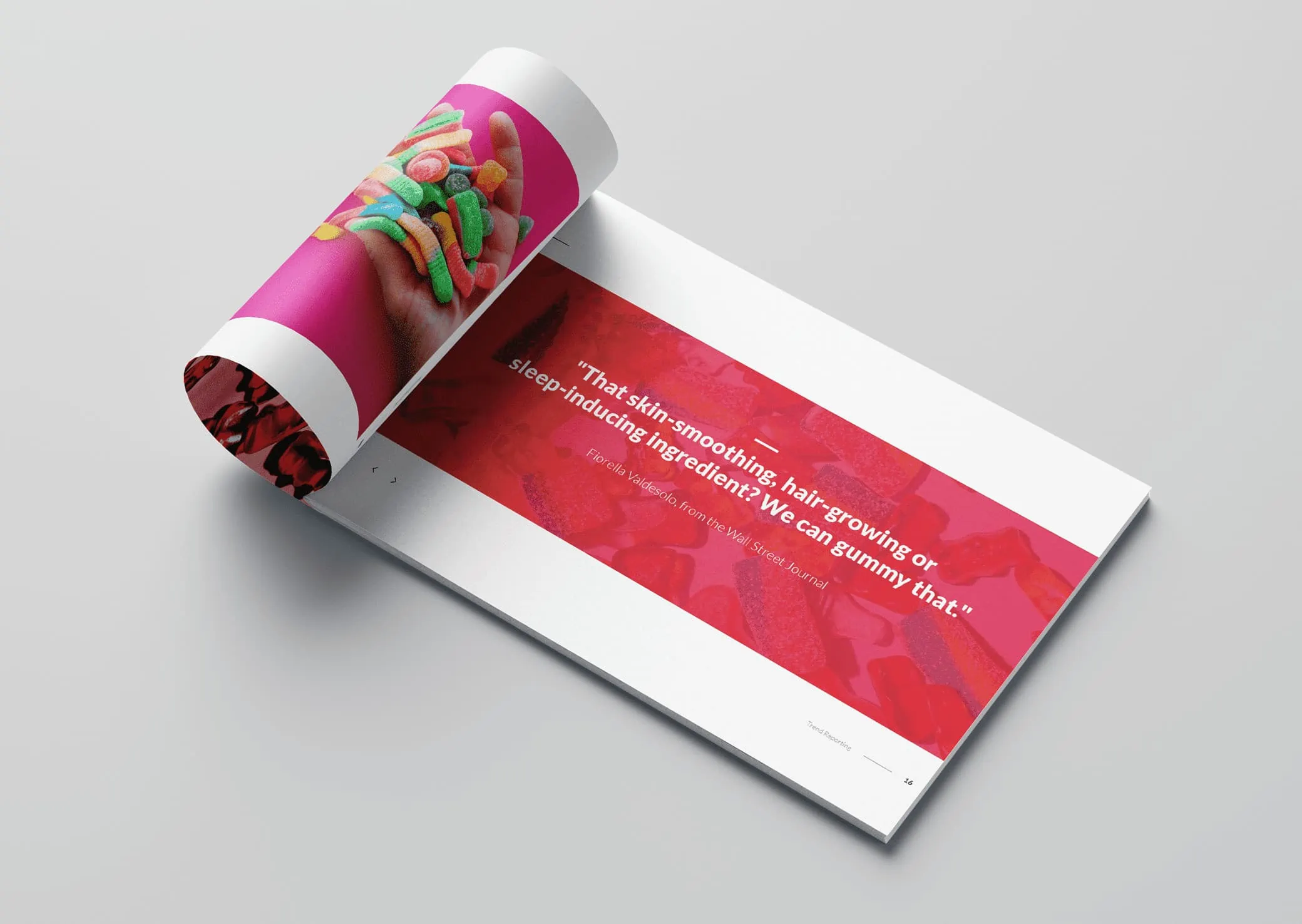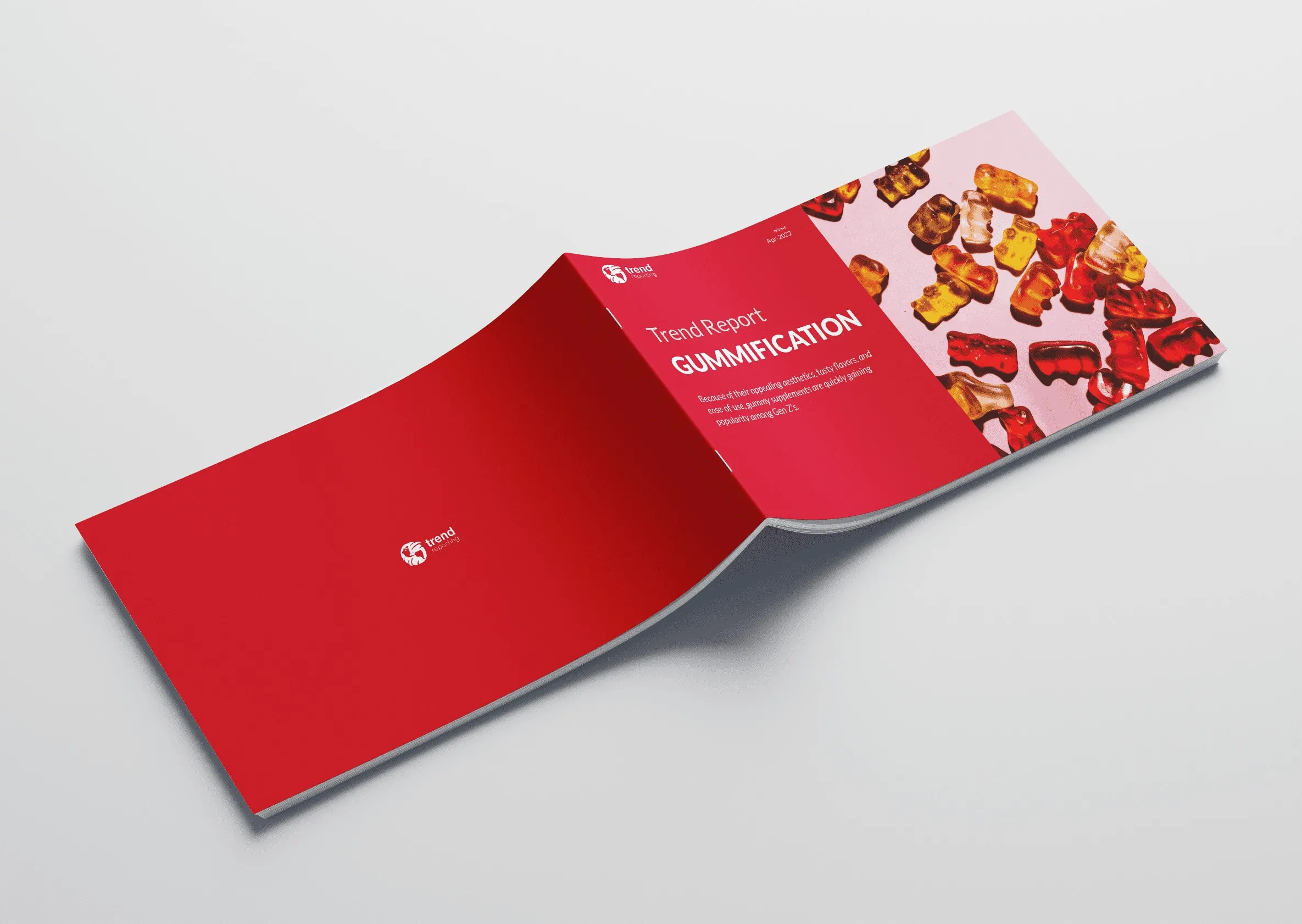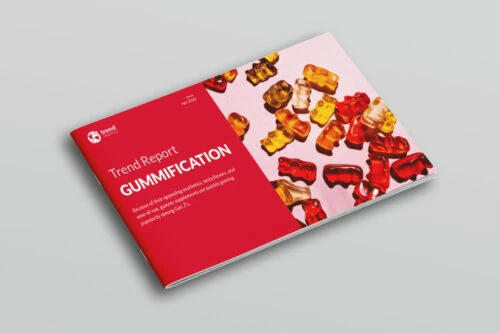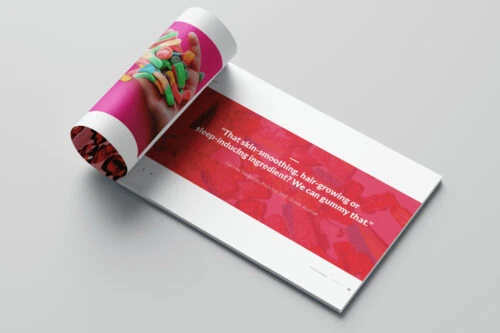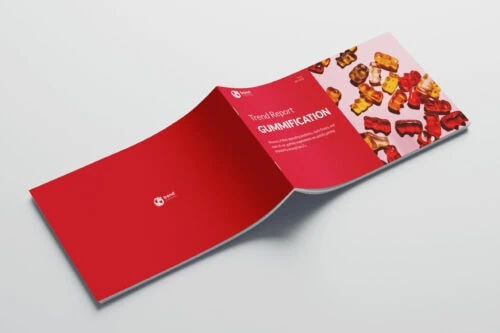What is going on?
Gummy vitamin supplements have been around since the late 1990s with the intention of encouraging younger children to consume their recommended daily doses of vitamins. More recently, however, its marketing has shifted its focus to Gen Z.
GUMMIFICATION is a trend that refers to the emergence of supplement formulas that are both convenient and sweet.
Gummies’ popularity among Generation Z may be attributed to their inviting colors and tastes. They’re marketed less like typical vitamins and more like a chic addition to a wellness regimen.
Why it matters?
The supplement business as a whole is evolving and developing, as well as significantly expanding, as a result of the introduction of the novel and enticing gummy bear delivery method. These novel delivery methods are making vitamin supplements look trendy, attractive, and inviting to young people.
Not only that, though, according to Dr. Lilli Link, a board-certified internist at New York’s Parsley Health, pill fatigue is a major factor to consider in the multivitamin and supplement business. Since these gummies are easy-to-consume, they are opening up new avenues for the production of tasty and healthy dietary supplements.
What’s the Problem?
Traditional vitamin pills have a boring taste and texture, so they are usually associated with the elderly or the sick. The supplement industry is expanding its customer base and increasing supplement use among young people by making supplements more aesthetically pleasing.
Because these conventional pills are often hard and not so small, they can prove to be inconvenient for anybody who has difficulty swallowing tablets or who is required to take many medications daily. Since gummies are soft and easy to chew, they are better alternatives to these conventional pills.
What are the opportunities?
From one’s physical health to their mental health, as well as from their sex drive to sleep, there is a growing number of dietary supplements on the market that attempt to treat, cure, or enhance these and other elements of one’s life. Gummification can prove to be a suitable means of intake for these supplements.
These dietary supplements may be made into gummies with colors and tastes that are attractive to the user, as well as packaging that is appealing to the consumer.
Players
Let’s look at some of the notable companies successfully monetizing this trend.
1. Penguin CBD Gummies
Penguin CBD Gummy Worms are THC free and are made from premium industrial hemp.
2. Pacifica Hair Gummies
Get good hair karma in a chewy yummy little wonder that will help support your best hair days.
3. Goli ACV Gummies
Delicious Taste with Powerful Ingredients for Real Results.
4.Hum Calm Gummies
Formulated with a patented extract of Ashwagandha, Hum’s vegan sour cherry gummies help reduce symptoms of stress
5.Goop’s Nerd Alert Gummies
Say goodbye to brain fog: Each bite-size Nerd Alert chew gives you a mental boost with nootropics
6.Wixar Sea Moss Gummies
Your body contains 102 vitamins and minerals, and sea moss can replenish 92 of them on its own.
7. Olly Stress Gummies
Help counter the bad vibes, with a boost of just what your body needs to help you stay calm, cool and collected.
What are the challenges?
● Too many gummies may be dangerous, like any vitamin supplement.
According to Serena Poon, a nutritionist and chef in California, the
sugary flavor of gummy vitamins can cause customers to take too
much.
● Another common criticism levied against gummies by medical
professionals and nutritionists is that they have an excessive amount
of sugar in them. This is one of the main obstacles to the widespread
application of gummification.
● Getting nutrients into the body is another issue. To make gummies
more palatable, harsh or bitter-tasting ingredients may be cut out,
reducing their nutritional value.
What’s next?
The worldwide gummy vitamin market, which was valued at $5.7 billion in 2018, is expected to grow to $9.3 billion by 2026, according to a research published by Allied Market Research in 2018.
Because of the lack of global regulation of the supplement industry, consumers are increasingly interested in brands that offer assurances of organic and non-GMO ingredients, as well as those that use food colorings from vegetables and animal-free gelatin. Concerns about the sugar content of gummies have led to the addition of prebiotic sweeteners like inulin, which are anticipated to become industry standards.


